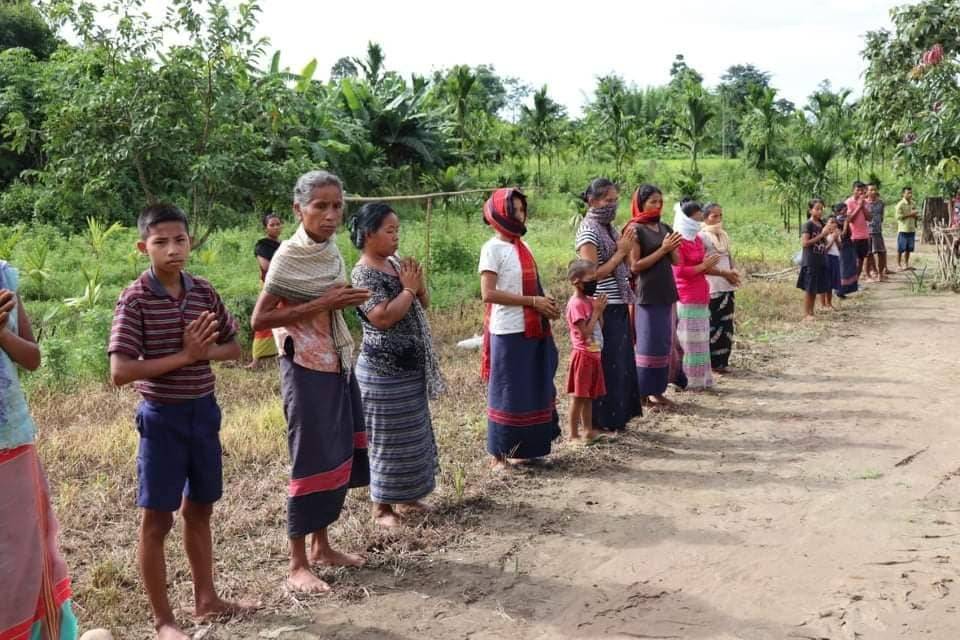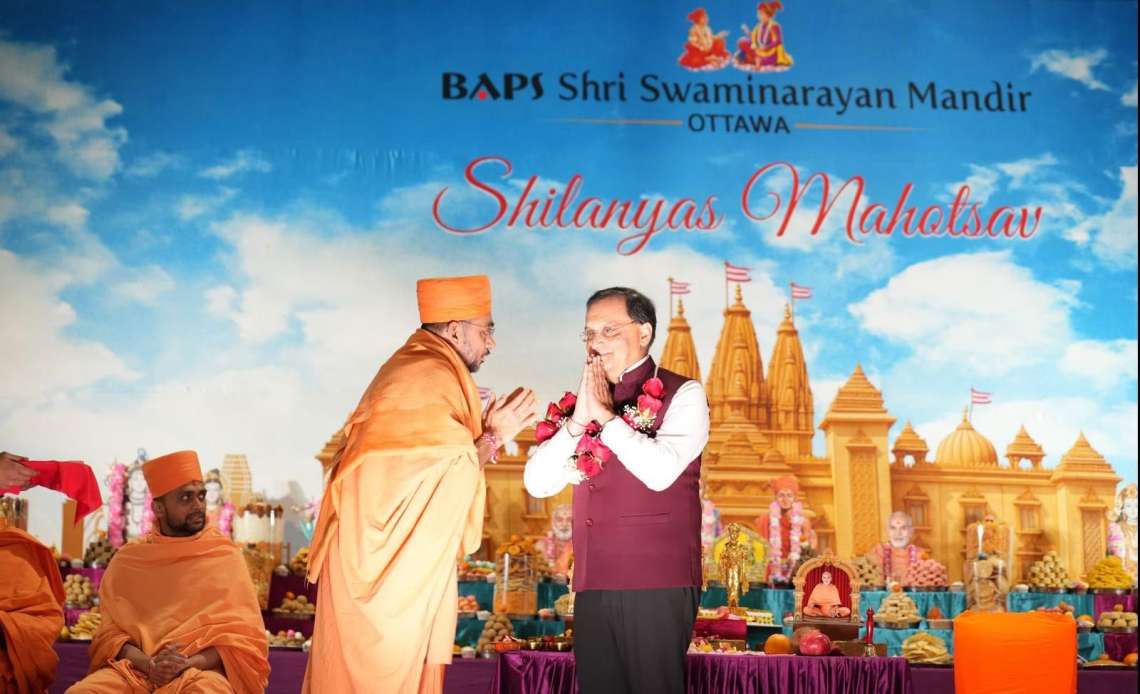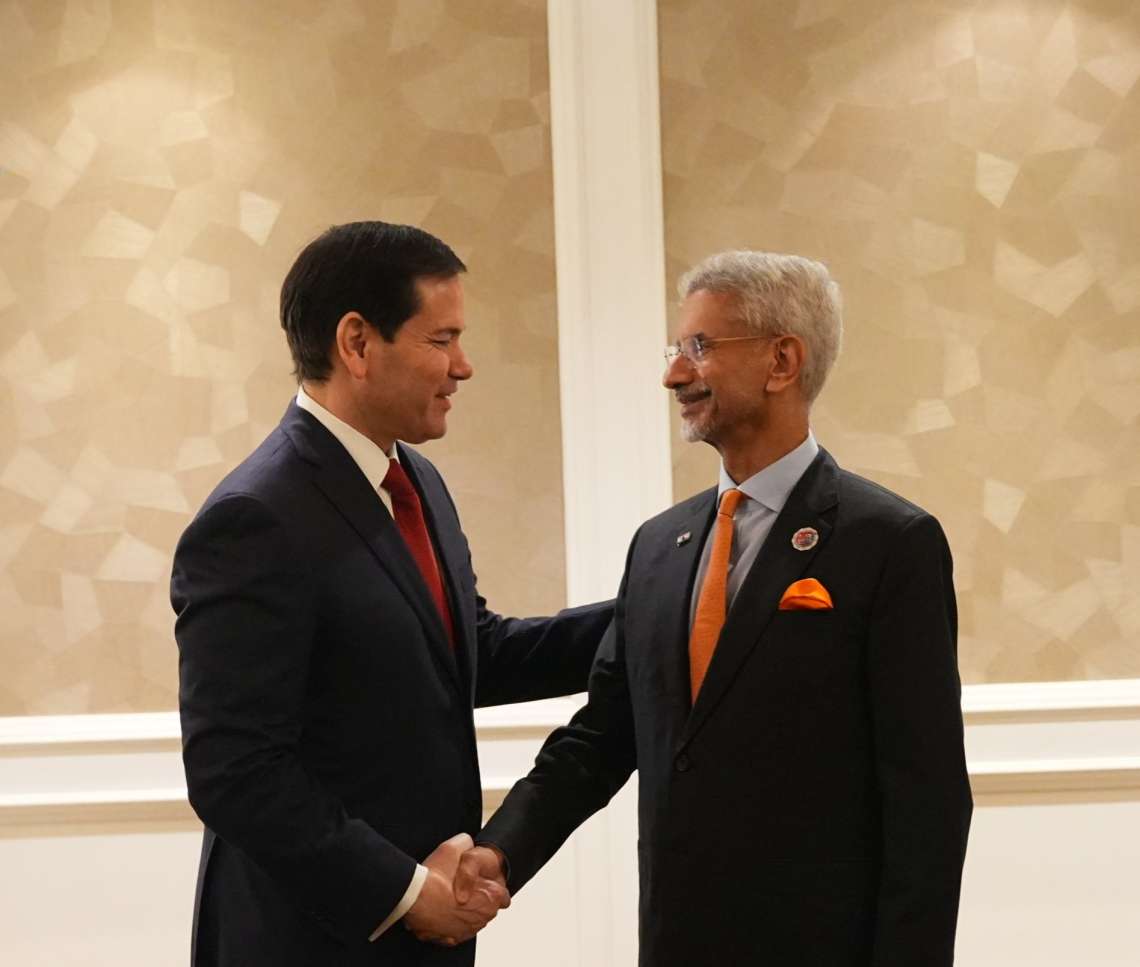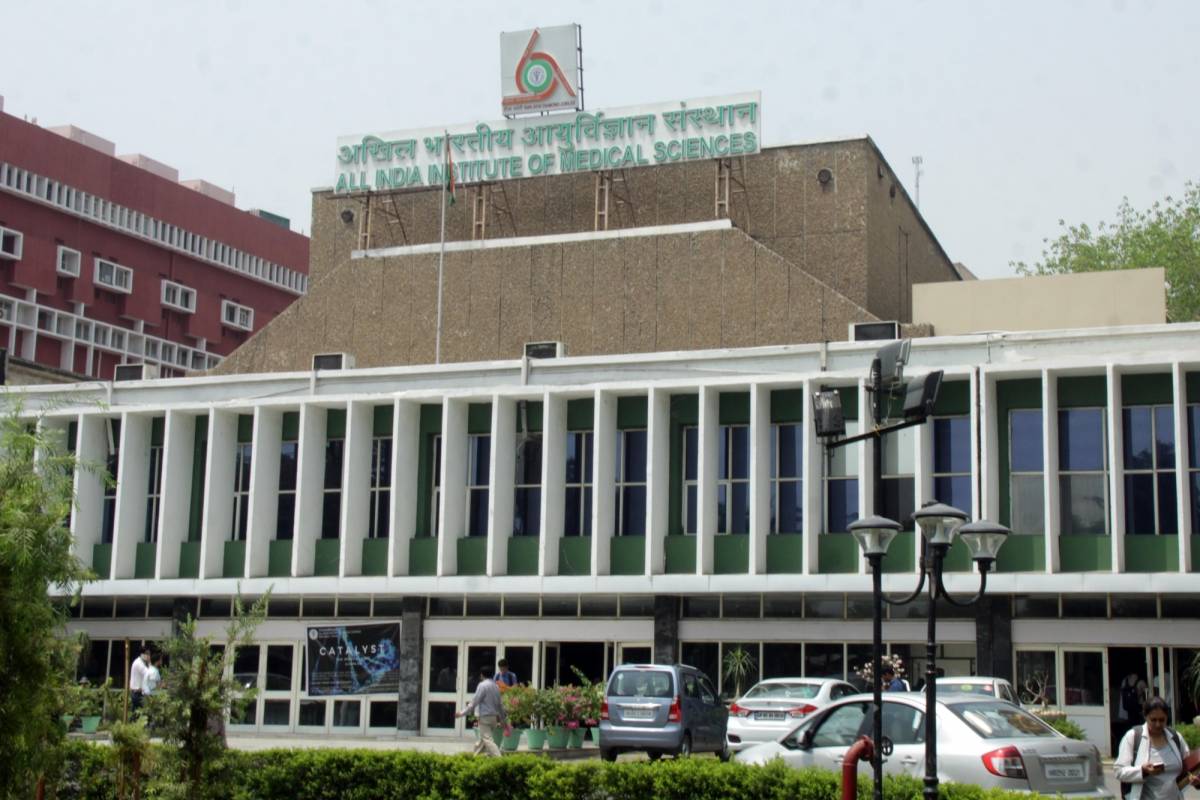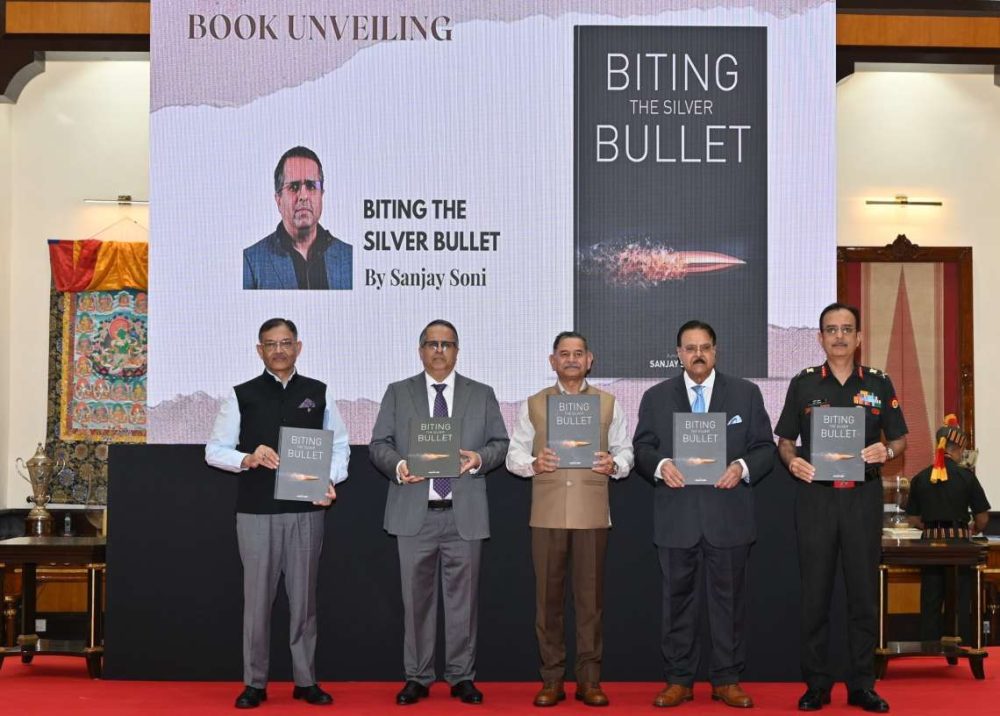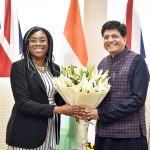The tribal communities on Monday announced to boycott the proposed population data updating process…reports Asian Lite News
The decision by the administration of Arunachal Pradesh’s Namsai district to undertake data update of the population of Chakma and Hajong tribals residing in the Chongkham circle has led to widespread protests from the Arunachal Pradesh Chakma Students’ Union (APCSU).
The tribal communities on Monday announced to boycott the proposed population data updating process.
Namsai’s Extra Assistant Commissioner (EAC) Rani Perme, in an order, a copy of which is available with IANS, has asked all “Gaonburas” (village head) to assemble all Chakmas and Hajongs under their respective jurisdictions to facilitate the updating of their population data.
However, the APCSU, in a statement, condemned the illegal census of only the Chakmas and Hajongs tribals in Namsai from Monday in pursuant to a circular of March 24, saying that this is the EAC’s second attempt to conduct the illegal census of only the Chakmas and Hajongs, which, according to them, amounts to “racial profiling”.
Last month, the EAC first directed the “Gaonburas” of the Chakma villages under the Chongkham Circle to conduct the census, they said.
“When the effort failed, the EAC summoned Gaonbura Sushil Chakma and 10 other Chakma individuals for a survey of Chakmas and Hajongs tribals residing under Chongkam circle on February 23. In the meeting, the Chakma participants were allegedly intimidated and asked to cooperate with the survey without fail,” the statement said.
The APCSU said that the EAC circular violates the order of the National Human Rights Commission (NHRC) issued on January 24.
APCSU President Rup Singh Chakma said that the NHRC had called for action taken reports from the Union Home Secretary and the Arunachal Pradesh Chief Secretary. The NHRC also directed to ensure that human rights of the Chakmas and Hajongs are protected.
“As citizens of India, the Chakmas and Hajongs of Arunachal Pradesh will not participate in any such illegal census of only the Chakmas and Hajongs,” he added
There are about 65,000 Chakma and Hajong people in the state, out of which about 4,500 are migrants from between 1964 to 1969, while the rest are the descendants and citizens by birth under the Citizenship Act of 1955.


